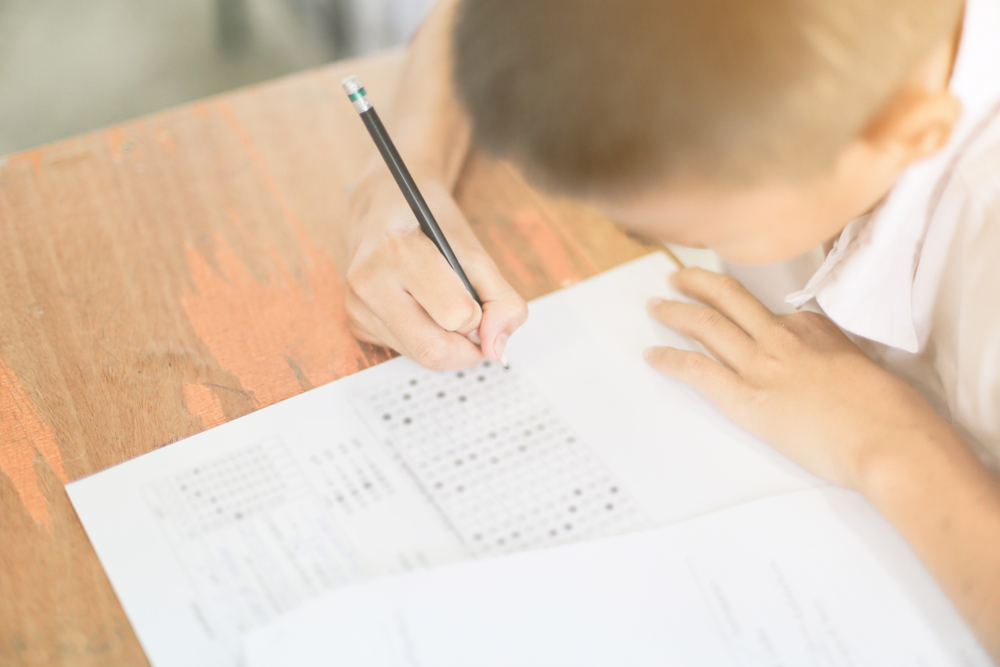
Registered Educational Psychologist, Pang Chi Wah
In situations where social resources are scarce, children have little that is fun or interesting to engage with; however, when the objects in front of them show no minor changes and there are no detailed verbal or written instructions, children can still observe the differences and similarities between what they see now and what they have seen before, or make associations with other things they have encountered. They even try to describe their observations in their own words. This is active learning, which not only educates the mind but also unconsciously enhances psychological qualities.
With the continuous advancement of modern technology, everyone can travel the world instantly from the comfort of their homes through television or smartphones. But does watching TV or online information require concentration? It turns out that being able to watch video messages does not necessarily mean that children are attentively learning, as this falls under the category of passive learning. It requires colorful messages and continuous verbal narration, and lacking any of these elements might lead to a lack of focus.
Even though students still need to learn in classrooms today, with the help of information technology, it seems possible for them to see distant scenarios without boundaries. Unfortunately, there are still shortcomings; they need to experience these settings firsthand to gain a more comprehensive understanding and learning experience. Modern learning requires the involvement of more sensory channels to stimulate students’ motivation to learn. Are there other options available?
Human desires are endless, but resources are finite. Is it possible to endlessly stimulate learning through multiple senses? Should we pause and consider why more and more people are proposing vegetarianism, or having a meat-free day on Mondays? Some suggest returning to a simpler, more primitive way of life. Learning activities and arrangements might need similar actions to help children grasp the essence of learning and experience the authenticity of the learning process.

To achieve this reversal, guidance from parents and teachers is needed to change the trends and habits of this era; there are now some suggested activities for parents and teachers to consider, such as: trying to turn off the volume of the television, letting them experience what it is like to be deaf, only able to see and not hear to absorb information; they can also cover the television screen with cloth, making them feel like they are listening to a radio, only able to imagine the scene from other people’s speech, still able to grasp the plot without visual aid, and for example, placing some food in one of three cups, asking them to smell which cup contains the food, which is a lot of kinesthetic learning.
Parents and teachers make some small actions in teaching, which may produce some unclear factors that make them hesitate, but at the same time, it also generates more curiosity, and under guidance, they can have greater motivation to learn, starting from being moved emotionally and intellectually, then leading them to pursue what they want to hear and see, becoming active and enthusiastic learners!


















